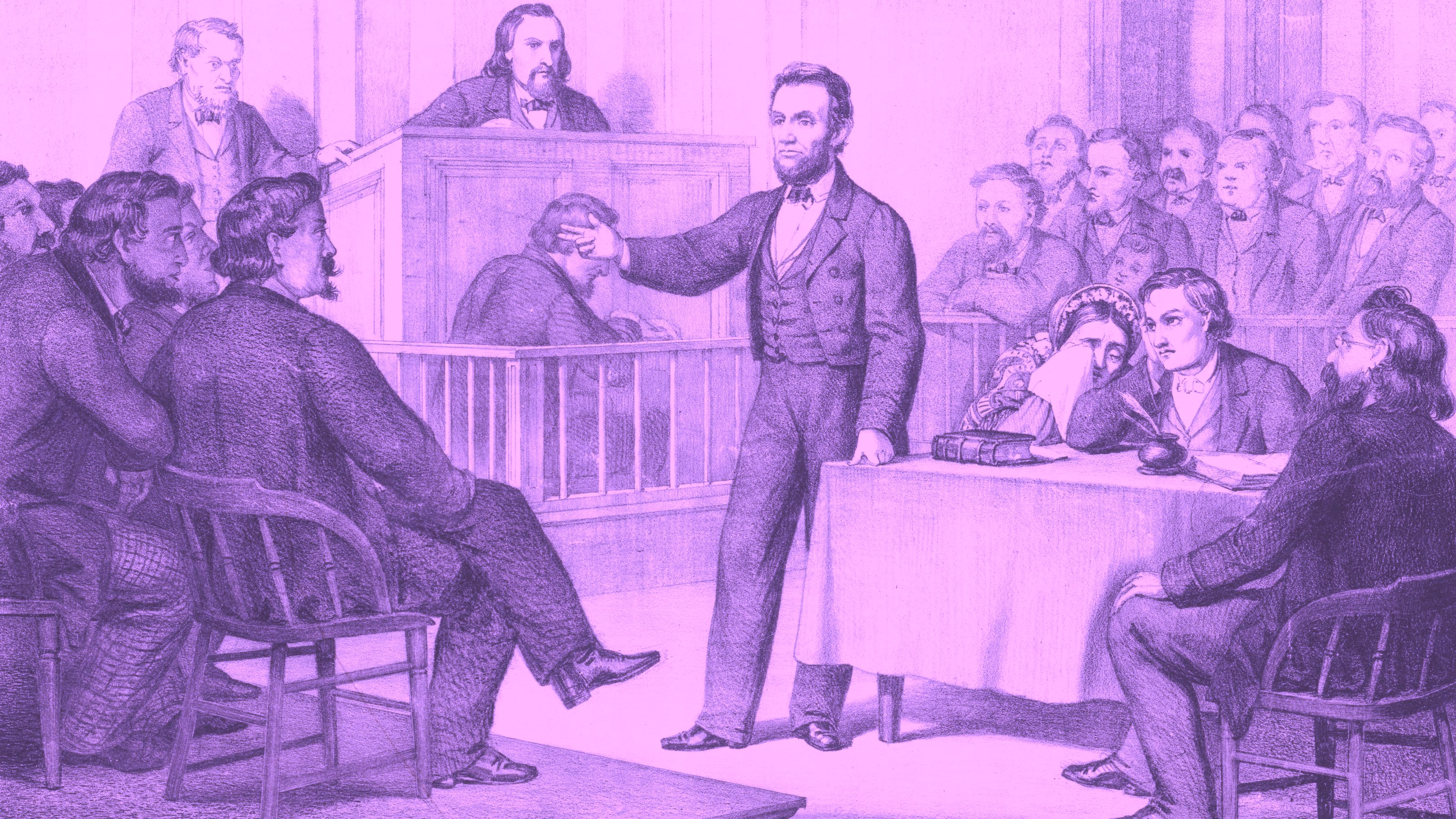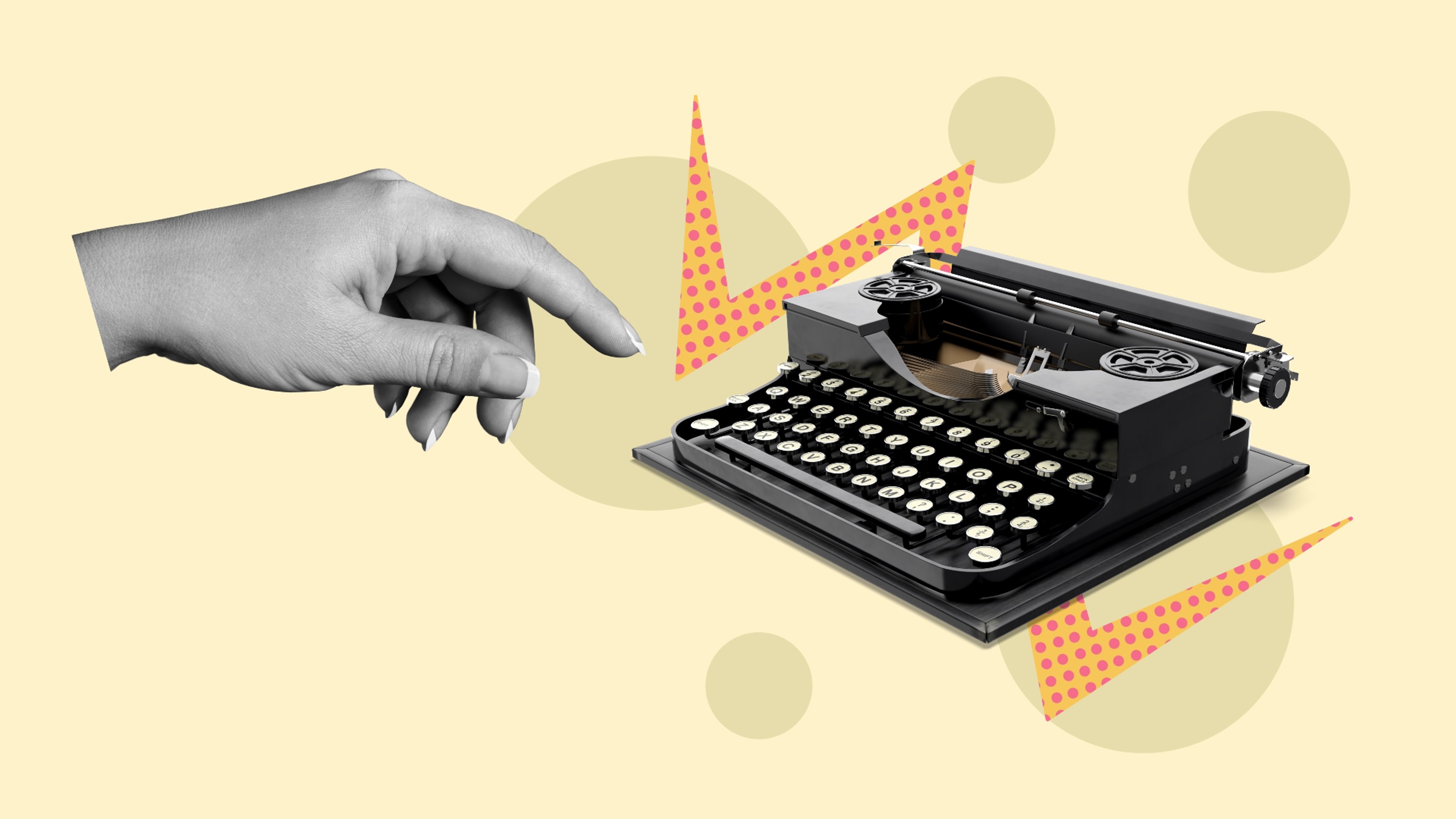Using big words doesn’t make you sound smarter

- A clever series of psychology experiments asked readers to evaluate more or less wordy versions of the same writing.
- The results suggest that readers respect fluency, delivered through readability, rather than flashy vocabulary.
- The advice for writers is straightforward: Make things easy for your readers, and they will find you brilliant.
Does grandiloquent language, articulated via verbose constructions and multifarious lexicological composition, maximize information consumers’ appraisement of author intelligence? Or is simple better?
A fun psychology study conducted a few tests to probe this question. The author asked different readers to evaluate multiple versions of various texts, written with more or less complex wording and structure. The readers’ preferences were clear and revealed more interesting truths along the way.
For example, readers preferred graduate school admissions essays that used smaller and simpler words over essays that swapped in longer words from a thesaurus. The quality of the essays varied, but the author noted, “Complexity neither disguised the shortcomings of poor essays, nor enhanced the appeal of high-quality essays.” In other words, George Orwell got it right: “Never use a long word where a short one will do.”
But perhaps the readers weren’t put off by the big words but rather by the clunkiness of the text that resulted from altering it. To test this idea, an unknown piece of text (the abstract of a PhD thesis) written by an unknown author was given to different readers in two forms. The first was the original text, containing a deluge of long, complex words. The second was a simplified version that replaced some big words with smaller, simpler ones. Readers gave the simple version better marks, even though this time it was the altered text.
Descartes vs. Descartes
The readers were also presented the following two texts, with half receiving the first and the other half receiving the second:
“There remain to be investigated by me many things concerning the attributes of God, and many things concerning me myself or the nature of my mind. But I shall perhaps resume these things at another time, and now nothing seems to be more urgent (after I have noticed against what were to be cautioned and what were to be done in order to reach the truth) than that I might try to emerge from the doubts into which I have gone in the pervious days and that I might see whether something certain concerning material things could be had.”
“Many other matters respecting the attributes of God and my own nature or mind remain for consideration; but I shall possibly on another occasion resume the investigation of these. Now (after first noting what must be done or avoided in order to arrive at a knowledge of the truth) my principal task is to endeavor to emerge from the state of doubt into which I have these last days fallen, and to see whether nothing certain can be known regarding material things.”
Unsurprisingly, readers of the first text rated it as more complex; readers of the second rated it as more intelligent. But here’s the catch: It’s the same text — Meditations by René Descartes — just translated differently by two different people. This dodges the thorny question of text manipulation entirely and underscores again the importance of simplicity.
But what if the readers were told that Descartes wrote it? That changed things. When alerted to the famous text, readers gave higher ratings to both the simple and complex translations. Prestige matters, even if the text is hard to understand. Apparently, famous thinkers can break the “simple is smarter” rule.
Simple is smarter
Why, other things being equal, do readers believe authors of wordier text to be less intelligent than those who write more simply? Folk wisdom suggests that making things complex is easy but making them simple is truly ingenious. The study author suggests a more technical idea: fluency.
Readers evaluate the intelligence of an author not only by the quality of their arguments but also by how well they understand what the author is trying to say. Using simple words and sentences makes the point clear. Big words don’t make writing sound intelligent; they make it hard to understand.
The author tested his hypothesis by assigning some readers a text printed in an atrocious font, while other readers received the common Times New Roman font. Though it was the exact same text, readers gave the hard-to-read font significantly worse ratings.
The advice for writers is straightforward: Make things easy for your readers, and they will find you brilliant.





